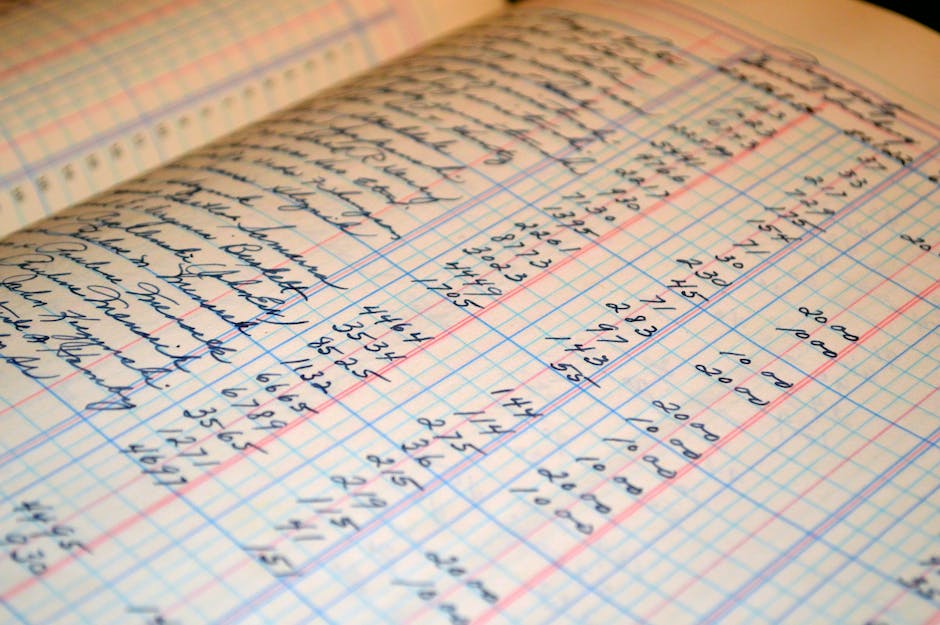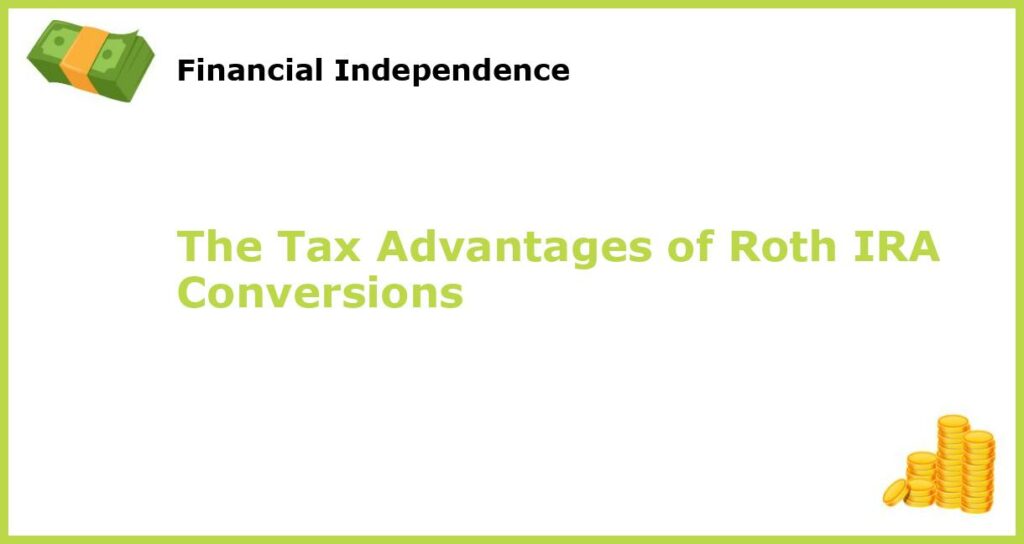Retirement planning can be a bit overwhelming, but knowing the ins and outs of different account types can make a big difference in your financial future. One option to consider is a Roth IRA conversion. Keep reading to learn more about what a Roth IRA is, what a conversion entails, and the potential tax advantages it can offer.
What is a Roth IRA?

A Roth IRA is a retirement savings account that offers tax-free growth potential. The money you contribute to a Roth IRA is taxed upfront, meaning you don’t get an immediate tax deduction like you would with a traditional IRA. However, once the money is in the account, it grows tax-free and you won’t owe taxes on withdrawals in retirement. Roth IRAs also allow you to avoid taking required minimum distributions (RMDs) during your lifetime, which is not an option with traditional IRAs.
What is a Roth IRA conversion?

A Roth IRA conversion involves moving funds from a traditional IRA or other pre-tax retirement account to a Roth IRA. When you do this, you’ll owe taxes on the amount converted for the year of the conversion. For example, if you convert $50,000 from a traditional IRA to a Roth IRA, you’ll need to report that as taxable income for the year. It’s important to note that you can also do a partial conversion if you don’t want to convert your entire balance at once.
What are the tax advantages of a Roth IRA conversion?

The main advantage of a Roth IRA conversion is tax-free growth. Once you’ve paid taxes on the amount you convert, your money is able to grow without being taxed again. This can save you a lot of money in taxes over the long-term, especially if you anticipate being in a higher tax bracket in retirement. As mentioned earlier, with a Roth IRA, you won’t owe taxes on withdrawals during retirement or be required to take RMDs, which gives you more flexibility and control over your savings.
When is the best time to do a Roth IRA conversion?

The best time to do a Roth IRA conversion depends on your personal financial situation. You’ll want to consider your current tax bracket, your expected tax bracket in retirement, and your overall financial goals. If you think your tax bracket will be higher in retirement, then converting to a Roth IRA now makes sense because you’ll pay taxes at a lower rate currently. However, if you’re already in a high tax bracket, you might want to wait until your income decreases before making a conversion.
What are the eligibility requirements for a Roth IRA conversion?

Anyone can do a Roth IRA conversion, regardless of their income level or age. There are no restrictions on the amount of money you can convert or how many times you can do a conversion. However, there are income limits for making contributions to a Roth IRA directly. For example, in 2021, single filers with a modified adjusted gross income (MAGI) of $140,000 or more and married couples filing jointly with a MAGI of $208,000 or more are not eligible to make direct contributions to a Roth IRA.
How can a Roth IRA conversion benefit high-income earners?
High-income earners may want to consider a Roth IRA conversion because they’re more likely to be in a higher tax bracket in retirement. By paying taxes now during the conversion, they can avoid paying higher taxes on their withdrawals and gains in the future. Additionally, if they have a lot of money in retirement accounts, they may be at risk for RMDs, which can increase their tax liability. A Roth IRA allows them to avoid taking RMDs, which can save them money in taxes throughout their retirement.
What are the potential drawbacks of a Roth IRA conversion?
The biggest possible downside to a Roth IRA conversion is the upfront tax cost you’ll need to pay. You’ll need money outside of your retirement accounts to cover the amount of taxes owed on the conversion. However, if you don’t have that money, it’s not a good idea to do the conversion. Additionally, if you convert a large amount of money all at once, it could bump you up into a higher tax bracket and increase your tax liability.
What are the key considerations for a Roth IRA conversion?
Before you do a Roth IRA conversion, consider your current and future tax brackets, your overall financial goals, and your ability to pay the taxes owed on the conversion. You’ll also want to think about the potential for tax-free growth over the long-term and possible downsides like the upfront tax costs.
Can you undo a Roth IRA conversion?
Yes, you can undo a Roth IRA conversion through a process called recharacterization. This allows you to reverse the conversion and move the funds back into a traditional IRA or other pre-tax retirement account. However, you must complete the recharacterization by the tax filing deadline for the year of the conversion.
What is the bottom line?
A Roth IRA conversion can be a wise choice for many investors, but it’s not the right move for everyone. Before you decide to make a conversion, take a close look at your financial situation and consult a financial advisor to see if it’s the right step for you to take. By doing so, you can ensure that you’re making the best decisions to build a secure financial future.







